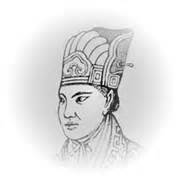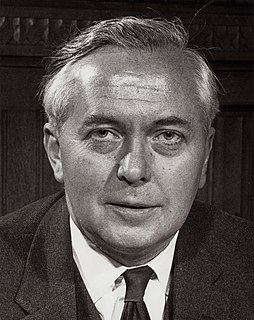A Quote by Ralph Waldo Emerson
Related Quotes
Diligence means to be keen in matters of virtue and justice, but worldly people use diligence to solve their economic difficulties. Frugality means to have little desire for material goods, but worldly people use frugality as a cover for stinginess. Thus do watchwords of enlightened life turn into tools for the private business of small people. What a pity!
You are different from the really great man in only one thing: The great man, at one time, also was a very little man, but he developed one important ability: he learned to see where he was small in his thinking, and actions. Under the pressure of some task which was dear to him he learned better and better to sense the threat that comes from his smallness and pettiness. The great man, then, knows when and in what he is a little man.
No man, however benevolent, liberal, and wise, can use a large fortune so that it will do half as much good in the world as it would if it were divided into moderate sums and in the hands of workmen who had earned it by industry and frugality. The piling up of estates often does great and conspicuous good.... But no man does with accumulated wealth so much good as the same amount would do in many hands.
Natural Giving: Anything we do in life which is not out of that energy, we pay for and everybody else pays for. Anything we do to avoid punishment, everybody pays for. Everything we do for a reward, everybody pays for. Everything we do to make people like us, everybody pays for. Everything we do out of guilt, shame, duty, or obligation, everybody pays for.








































